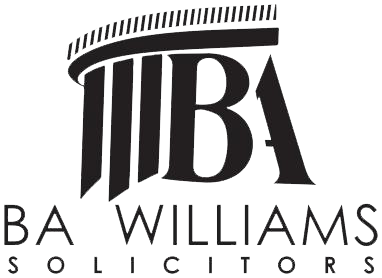The High Court confirmed that proprietary estoppel is not available to enforce the terms of an ineffective oral agreement.
Background:
This case concerns the attempt by members of the Kurdish community in Birmingham to acquire the Farcroft Hotel to convert it for use as a community centre with prayer rooms. The Hotel was owned by Your Best Properties (YBP) Limited.
Mr. Aram Mohamad Ali led negotiations with Mr. Shvan Ali, the sole shareholder and director of YBP, for the purchase of the Hotel. An oral agreement was reached to buy the Hotel for £1.65 million, and a deposit payment was made. The claimants were given 18 months to pay the full purchase price. In the meantime, the community took possession of the Hotel after the first deposit was paid on 1st April 2021. They began the works, converting part of the Hotel into a prayer room in time for Ramadan in the hope of raising funds for the purchase. A formal lease was agreed at the end of April 2021.
By May the relationship turned sour with Mr. Shvan Ali not being willing to wait a full 18 months for the remainder of the purchase price. By the beginning of June, the Defendants stated that they no longer wished to sell the Hotel and excluded the community from the premises. On 2 June 2021, Mr. Shvan Ali erected a fence around the Hotel in an effort to keep the community out. The keys were handed back by the end of June 2021. No steps were taken to seek re-entry to the Hotel until January 2022 when an application was made for an injunction to restrain Mr. Shvan Ali from disposing of the Hotel.
Decision:
The High Court dismissed the claim for proprietary estoppel and specific performance of an oral contract for the purchase of the Hotel. The Judge noted that since the relief ought was essentially contractual, proprietary estoppel could not be used to avoid the effect of Section 2(1) of the Law of Property (Miscellaneous Provisions) Act 1989.
The claims failed because it was based on a promise rather than a mere encouragement of an expectation. At all times, Mr. Aram knew a written contract was needed to acquire an interest in the Hotel. The Judge concluded that his expectation was actually that a formal contract would have been concluded rather than acquiring an interest in law. What the claimants really wanted was the benefit of the agreement they had reached which gave them time to raise the funds so as to purchase the Hotel. That was clearly an attempt to rely upon proprietary estoppel in order to enforce the terms of an ineffective oral agreement.
The claim in damages for breach of lease due to fencing the Hotel in June 2021 failed, as no loss derived from that action. For the breach of purchase agreement, the claim failed as the contract did not comply with Section 2(1) and was deemed invalid.
Implications:
This decision confirms that proprietary estoppel is not available to circumvent the effect of Section 2(1) of the Law of Property (Miscellaneous Provisions) Act 1989. An essentially contractual claim cannot create a right to bring a proprietary estoppel.
It also provides a good reminder to avoid paying large amounts (here in cash) without having a contract in place with the other party. In the absence of a valid contract, the other party is free to walk away. Any expenditure taken by the other party takes place at their own risk. In this case, the claimants lost the expenses of converting the Hotel and the costs incurred to implement the purchase. The defendants were not entitled to keep the deposit and had to return it. The judgement made clear that the defendants were not entitled to deduct from the deposit any sum claimed by them if the form of damages.




